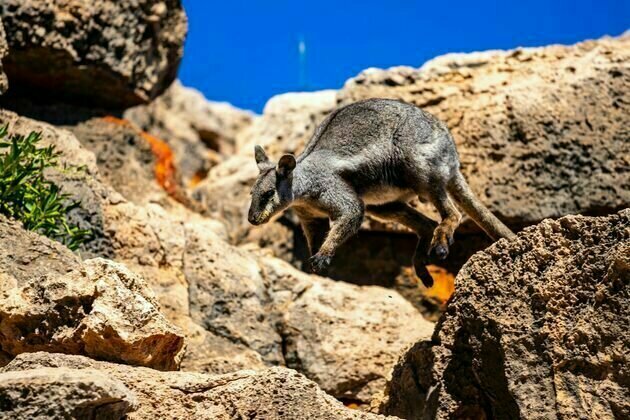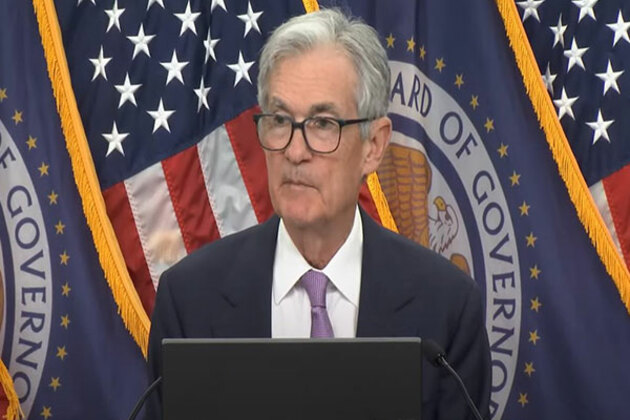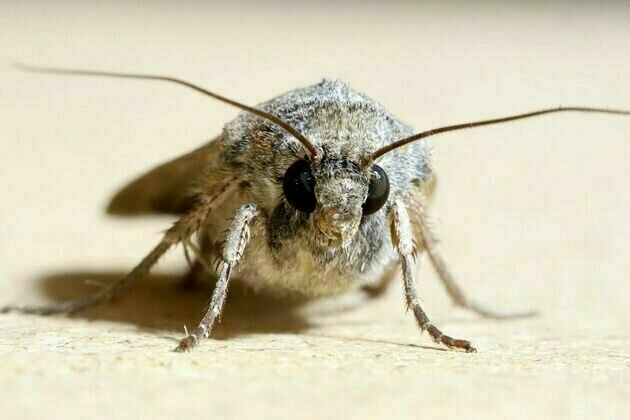As the federal government fumbles on nature law reform, the states are forging ahead
The Conversation
19 Jun 2025, 04:12 GMT+10

The South Australian parliament today passed a new law to conserve, restore and enhance biodiversity.
It brings together native vegetation management, protection for native species and habitat, and conservation on private land. When introducing the bill to the Parliament, Deputy Premier Susan Close said:
Just as South Australia has led the way on climate action, committing to net zero emissions by 2050, we must now take the same ambitious approach to biodiversity. (This) crucial piece of legislation ... will modernise and strengthen protections for South Australia's biodiversity to benefit us and our future generations.
SA is not the first state to revise its nature laws. But this is the first environment law in years to be drafted from scratch in Australia. Rather than waiting for federal reform, SA has leapfrogged the protracted process. This new legislation achieves some things no Australian law has done before.
This all comes at a time when the federal law reform is up in the air.
The Albanese government failed to pass new national environment laws during its first term.
Environment protection even went backwards just before the election. The rushed amendments limited powers to reconsider certain environment approvals when an activity is harming the environment.
Last month, the new Federal Environment Minister Murray Watt said environmental law reform was a priority. Still, it may be difficult to get the essential ambitious national reforms over the line.
In the meantime, state and territory governments are forging ahead.
The last state to write a new nature law was New South Wales, in 2016. But a scathing 2023 review of the law recommended a major overhaul.
The NSW government committed to most of the recommendations, announcing big plans for nature law reforms in July last year. These plans include strengthening land-clearing codes, improving species protections and monitoring, and preparing a new "nature positive" strategy.
So far, the NSW government has only managed to pass legislation to fix problems with biodiversity offsets. Offset schemes allow developers to compensate for their destruction of vital habitat with gains elsewhere.
In Victoria, the Flora and Fauna Guarantee Act 1988 was amended in 2019. These reforms inserted new principles around how the Act should be implemented, and a new approach to crucial habitat. The reforms also emphasised the need to improve species' survival and adaptation to climate and environmental change.
The Nature Conservation Act and strategy in the ACT are also due for review. Early consultation concluded in July 2024. A revised Act is likely to be released later this year.
The short answer is yes, Australia needs both state and federal environment laws. But the interactions between the two could be managed better.
The Australian Constitution doesn't give the federal government explicit authority to make laws about the environment. That's left to the states and territories, which means they make most laws about threatened species, waterways, native vegetation and protected areas.
The federal government has an overarching responsibility to protect environments that are important to all of us, in national laws. We call these "matters of national environmental significance".
Some matters are significant because they involve Australia's promises to the rest of the world. Australia has international obligations to protect world heritage areas and internationally significant wetlands, for example.
Other matters cross state borders. The orange-bellied parrot, for instance, migrates across three states to find food and nesting sites.
Individual states and territories do not have sufficient resources or the national perspective needed to protect these species and places.
SA's new Biodiversity Act does some things no Australian law has done before.
For example, it looks beyond species and ecosystems, offering protection to so-called "ecological entities". Regulations will be needed to define what an ecological entity is. But the concept may protect refuges where species shelter from extreme events. It might also offer a new way to protect important landscape features such as coastal dunes.
Another new concept is "culturally significant biodiversity entities". The Act defines a culturally significant biodiversity entity as:
The Act also sets up a new Aboriginal Biodiversity Committee. That committee will co-develop policies with the minister. One of these policies will explain how culturally significant biodiversity entities will be identified and managed.
Other policies will be developed in collaboration with the Aboriginal Biodiversity Committee. These include policies to guide cultural burning of native plants, or to consider and apply Aboriginal knowledge. At long last, Aboriginal people will have a "seat at the table".
SA becomes the third state (after NSW and Victoria) to mention climate change in its nature law. This is an important reform. Laws are needed to help nature survive more frequent and severe droughts, floods and fires.
Australian environments are extraordinary, diverse and ancient. But Australia has long been an extinction hotspot. The continent's ecosystems remain under serious pressure.
Our environment laws must be clear and avoid complex clashes or gaps between national and state responsibilities. But SA, NSW, Victoria and soon the ACT show law reform can also be more ambitious. Nature laws can truly help the environment to flourish even as the climate changes.
 Share
Share
 Tweet
Tweet
 Share
Share
 Flip
Flip
 Email
Email
Watch latest videos
Subscribe and Follow
Get a daily dose of Perth Herald news through our daily email, its complimentary and keeps you fully up to date with world and business news as well.
News RELEASES
Publish news of your business, community or sports group, personnel appointments, major event and more by submitting a news release to Perth Herald.
More InformationInternational Business
SectionAircraft orders expected as Paris airshow opens, despite recent crises
PARIS, France: The Paris Airshow kicked off on June 16, attracting attention with expected aircraft orders, but overshadowed by the...
Foxconn iPhone exports from India now mostly headed to the US
NEW DELHI, India: Amid mounting U.S.-China trade tensions, Apple has sharply increased iPhone shipments from India to the United States,...
US: China lags in AI chips, but catching up fast
WASHINGTON, D.C.: The U.S. government estimates that Huawei will only be able to manufacture up to 200,000 advanced AI chips next year—well...
Ryanair CEO gets maximum bonus as Ryanair profits soar
DUBLIN, Ireland: Ryanair chief executive Michael O'Leary received a total pay package of 3.83 million euros for the financial year,...
Civil Aviation ministry issues new rules to demolish obstructions near airports after AI-787 crash
New Delhi [India], June 19 (ANI): A week after the Air India crash in Gujarat's Ahmedabad, the Ministry of Civil Aviation has released...
US Fed keeps rates unchanged at 4.25-4.50%; Powell says tariff expectations eased since April peak
Washington [US], June 19 (ANI): The US Federal Reserve on Thursday morning (IST) decided to keep its benchmark interest rates unchanged...
Australia
SectionCanada seeking calm at G7, despite abrupt departure of Trump
BANFF, Alberta: The recent G7 summit has convened for the second and final day in the picturesque Canadian Rockies amidst escalating...
As the federal government fumbles on nature law reform, the states are forging ahead
The South Australian parliament today passed a new law to conserve, restore and enhance biodiversity. It brings together native vegetation...
Australian citizens in Iran and Israel are desperate to leave. Is the government required to help?
As thousands of Australian citizens and permanent residents stuck in Iran and Israel continue to register for repatriation flights,...
Migrating bogong moths use the stars and Earth's magnetic field to find ancestral summer caves each year
It's a warm January summer afternoon, and as I traverse the flower-strewn western slopes of Australia's highest mountain, Mount Kosciuszko,...
EU could cancel visa-free travel for Israelis Euronews
Brussels has introduced new rules that could place restrictions on countries found in violation of the UN charter or international...
ICC announces schedule for Women's T20 World Cup 2026; India to face Pakistan on June 14 at Edgbaston
Dubai [UAE], June 18 (ANI): The International Cricket Council unveiled the ICC Women's T20 World Cup 2026 schedule on Wednesday, which...












